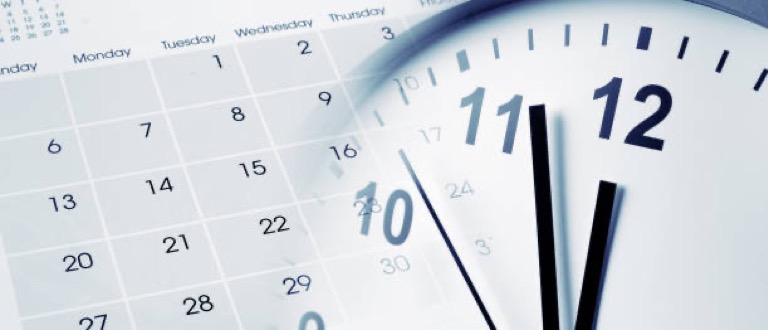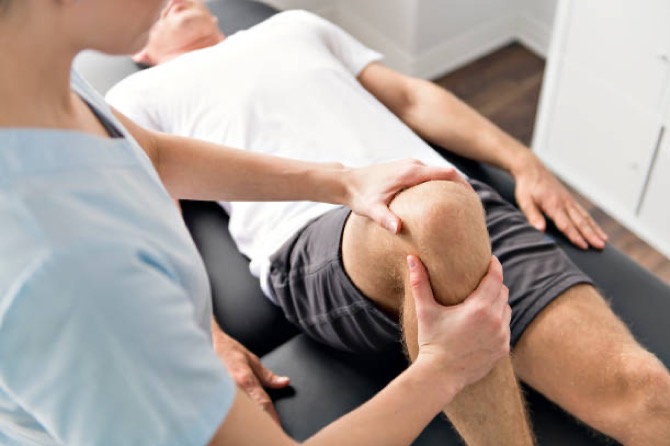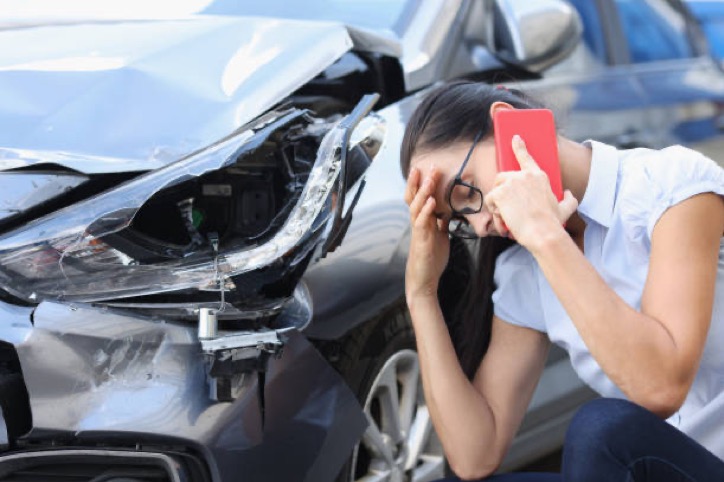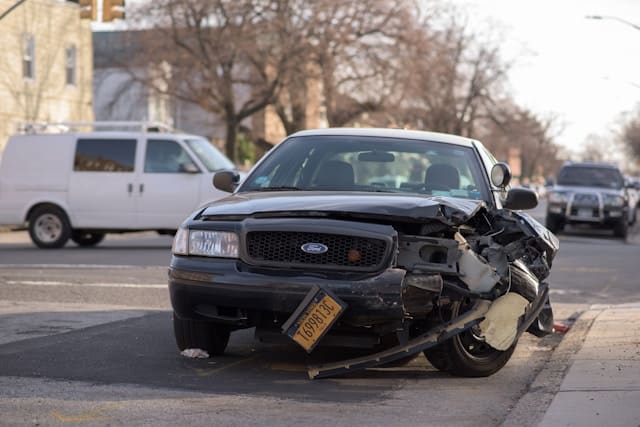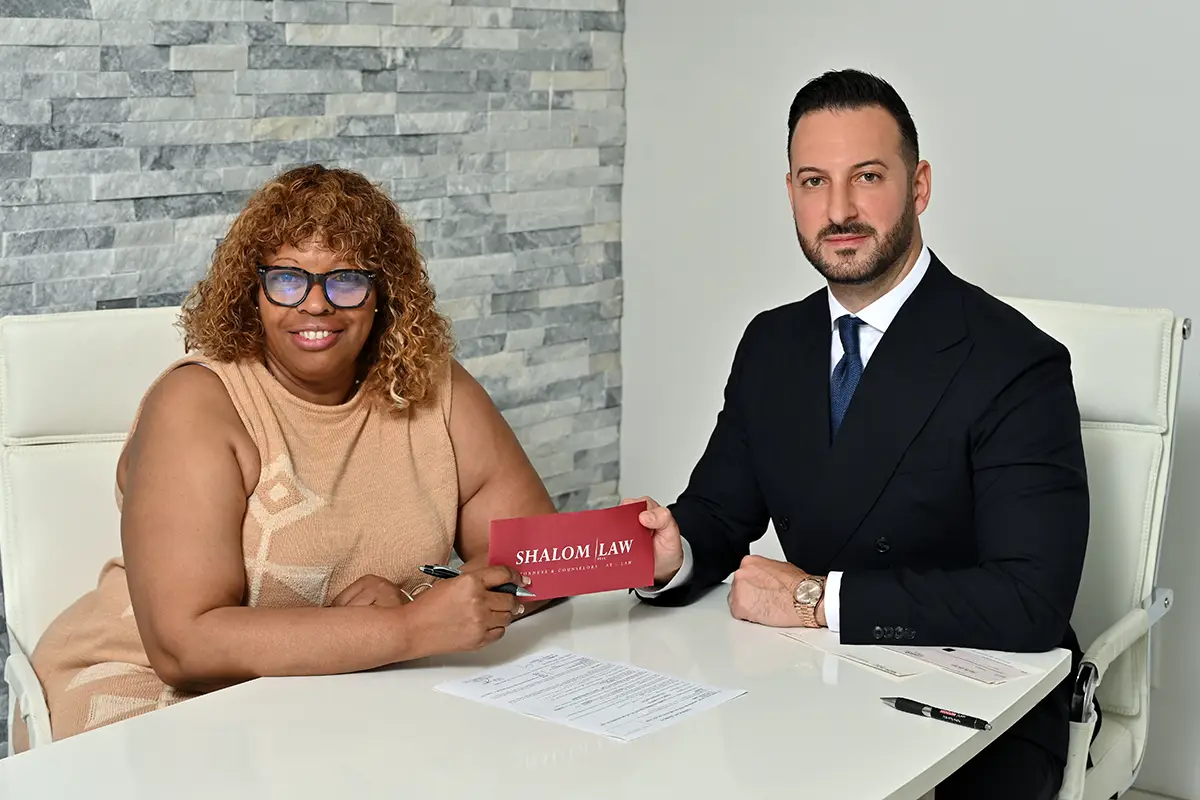Photo by Viktor Bystrov on Unsplash
Your Options as a Bicyclist if a Car Hits YOU
With almost a million New Yorkers regularly riding a bike in the City limits each year, bicycle accidents are 1 almost inevitable. Fortunately for New York bicyclists, the law is on your side: New York law requires that all drivers of cars and trucks exercise due care to avoid colliding with any bicyclists using the roadway, and it also requires drivers to give bicyclists audible warning by sounding the horn when necessary. Basically, the state of New York holds automobile drivers responsible for avoiding collisions with bicyclists, but still, I am sure you are probably wondering – what happens if a driver ignores these legal responsibilities and hits me while I am biking? If this sounds like a question you are asking yourself, do not worry; we have answers! In the column below, we discuss your rights as a bicyclist in New York and your options if you are hit by a car while biking.
What Kinds of Compensation Can I Receive?
If you were hit by a car while riding a bicycle in New York City, you are entitled to medical benefits, reimbursement for lost wages, and compensation for your pain and suffering. Generally, the compensation you will be entitled to for your medical expenses and lost wages will be fairly simple to calculate, since values can be ascertained directly from your medical bills and pay stubs. By contrast, however, the compensation you will be able to recover for your pain and suffering will depend on numerous factors specific to your case, including things like the circumstances surrounding your accident and the skill level of the personal injury attorney you retain to represent you.
Who Can I Recover Compensation From?
After a bicycle accident, you may be left wondering WHO is going to be responsible for paying your medical bills and/or wages if you cannot work. This answer also depends on the specific facts of your case, but typically, who you can recover from will largely turn on whether or not you were working at the time of the accident. If you were working when a car hit you on your bike, (i.e., as a messenger or food delivery person), then you will be entitled to workers’ compensation benefits through your employer. Workers’ compensation should pay for all of your medical bills and lost wages, and likely will provide you with a permanent award for disability. If you were not working at the time that you were hit by a car, the insurance company for the vehicle that hit you will be liable to compensate you through its no-fault policy. The no fault laws in New York ensure that after an accident – regardless of fault – a driver’s insurance company will provide injured cyclists, pedestrians, drivers, and passengers up to $50,000 for the legitimate economic losses stemming from the accident. This includes ambulance and hospital expenses, doctor bills, prescription drugs, diagnostic tests, therapeutic services such as counselling and physical therapy, as well as lost wages. Note, however, that in order to receive the no-fault coverage as described above, you must apply for the no-fault benefits through the driver’s insurance within 30 days of the accident.
Can I Still Be Compensated After a Hit and Run?
Luckily for hit-and-run victims, the answer is yes. If you were hit by a car while biking and the driver took off, as long as you or anyone in your household owns a vehicle, you may still recover from the car insurance company that insures your vehicle! New York requires car insurance companies to provide unidentified motorist benefits as well as personal injury protection, which will cover all of your medical expenses and compensate you for your pain and suffering. Additionally, note that, just as with no-fault benefits obtained through the vehicle driver’s insurance, you must apply for these benefits from your insurance within 30 days of the accident. In the event that the driver left the scene and you do not have your own automobile insurance, do not fret! You still have an option to recover. After an accident in which no party has insurance to cover damages, you can file for benefits through New York’s Motor Vehicle Accident Indemnification Corporation (MVAIC) (form linked below). This is a nonprofit organization that provides compensation to individuals involved in car accidents 2 who are unable to get compensation for their damages any other way. Note though: the most important requirement is that you must notify the police of your hit and run accident within 24 hours of the crash. If you do not do so, your claim will likely be unsuccessful.
Tips for NYC Bicyclists to Help Reduce the Risk of Accident
The road to recovery after a car-on-bicycle accident is not an easy one. Thus, to help reduce your chances of getting into one of these tragic accidents, we have compiled the most important information for you to know to bike safely throughout New York City. First and foremost, as a bicyclist, you must always keep in mind that you are still legally required to obey all vehicle and traffic laws and bicycle ordinances. Additionally, you are also required to know and obey the Bicycle Laws, Rules, & Regulations for riding in New York City. Understanding and adhering to these laws, rules, and regulations will not only reduce your chance of being involved in an accident while you are cycling, but this will also help ensure that in the event that you are involved in an accident, you will be able to receive the maximum amount of compensation you deserve. In addition to obeying all traffic laws, bicyclists should also take the following proactive steps to reduce the risk of being involved in a bicycle accident: – Always remain alert while biking. Avoid biking when drowsy or sick. – Never ride a bicycle under the influence of alcohol or drugs. – Wear a bicycle helmet and protective bicycle gear. Although helmets are required by law for children age 13 or younger and working cyclists, helmets are a good idea for cyclists of all ages. – Wear bright colors and use bicycle lights and reflectors to increase your visibility to drivers. – Do not wear headphones or use a cell phone while biking. By law you may wear one earbud, but keeping your ears clear is a much safer choice. – Ride in bicycle lanes whenever possible and not on the sidewalks. Only children age 12 or younger are permitted to bike on the sidewalks, and on bicycles with wheels less than 26 inches in diameter. – Cross streets and roads at marked intersections. – Do not attempt to cross a multilane highway. – Make eye contact with drivers before crossing a street or road to ensure that they see you on your bike. – Always use hand signals to indicate when you turn or stop – If you personally own your bicycle, be sure to keep up with maintenance on it to ensure the bike is in good working condition every time you ride. If you are renting a bicycle or using a friend’s, you should give the bike a quick preliminary inspection for functionality issues before taking it onto the streets. – Do not ride more than one person to a bicycle unless the bike is equipped for multiple riders Even though drivers are usually at fault for bicycle accidents, your own actions while biking could contribute to the cause of the accident. And, unfortunately, if the other person involved in the accident can identify something you were doing wrong, the compensation you are entitled to may be reduced. Thus, as a cyclist, it is crucially important that you always follow all traffic laws and take all available precautions to avoid comparative negligence allegations for a bicycle accident.
Speak to an Accident Attorney About Your Situation TODAY
At Shalom Law, we know that recovering from a car-on-bicycle accident can take a toll, in more ways than one; physically, mentally, emotionally, and financially. But you do not have to go through all of this alone. The experienced personal injury attorneys at Shalom Law are here for you as you recover and we will fight hard on your behalf to make sure you get every penny you are entitled to. For a consultation, call today: (718) 917-9474. This memorandum relates to general information only and does not constitute legal advice. Facts and circumstances vary. We make no undertaking to advise recipients of any legal changes or developments.


